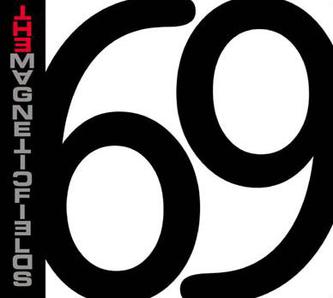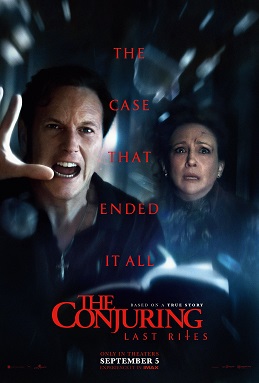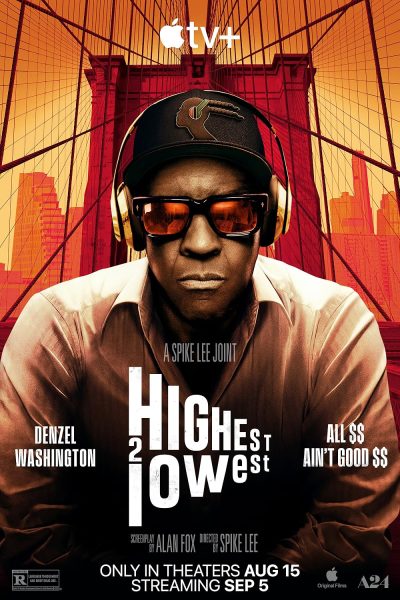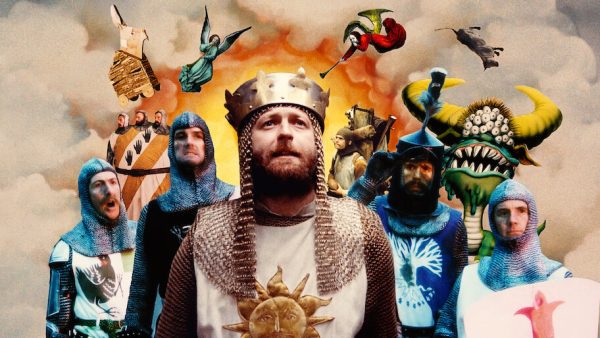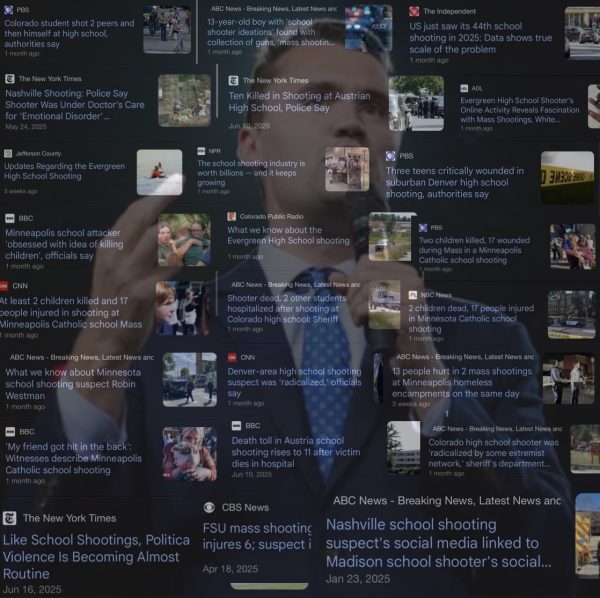On the Current State of Cinema
In any great story, there’s that truly poetic moment, like the T-Rex bursting through the skeleton of a Spinosaurus, or finding out that Indiana Jones named himself after his family dog. Well, here we are. For those like myself, who consider film and the experience of going to the theater something magical, this is our moment, it’s all been leading to this.
For years now, the signs have been there; I did my best to go about my regular life and ignore them. 2017 saw the lowest theater attendance since 1992, and 2019 saw a 4.6 percent decrease from the previous year domestically. With the rise of ticket sales, and more and more streaming services becoming available, it seemed only inevitable that fewer and fewer would pay to see a movie when they have an incredible amount of entertainment at display simply by turning on their latest smartphone.
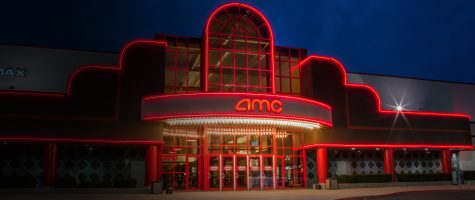
The theater industry has been dying for a long time, and it seems that the government-forced theater closure might be the final major blow. Even if this pandemic had never happened, why was attendance lowering nearly year after year? To help answer this question, let’s ask another one: Other than maybe the Star Wars and Avengers blockbusters, what was the last film you saw that was truly enhanced by seeing it in theaters?
For me, one film comes to mind, 2018’s Mission Impossible: Fallout. Coming in as the 6th entry in its franchise, Fallout was a breath of fresh air. This was in part due to its wonderfully-shot action, amazing stunt work, fantastic score, and great acting. Easily the best and most refreshing aspect of the film that made it stand out was the script. It treats the audience with respect, with clever scenes that always have the viewer on edge.
Fallout is proof that it’s still possible to make a film without real-world politics that distract from the main story or its characters. And we’ll start there. Politics do nothing but ruin film, and moviegoers are slowly realizing this. The amount of franchises I can think of that have been ruined over an unnecessary political plug is endless. The easiest example I can think of in this regard is the new Star Wars trilogy.

I have talked about the politics of the sequel trilogy a lot in previous articles, but I consistently discuss it because I was a part of the hype and was let down. When the first teaser trailer was released for The Force Awakens, I was the only one in my family who was in defense of it, and was still excited. As the release date came closer, my excitement only grew. I got tickets for me and two of my brothers for the earliest showing, and when the day came, we immediately left school straight to the theater. Including the runtime of the film, we sat in the theater for 7 hours, and I loved every minute of it.
My interest for film and my knowledge in it was not as strong as it is now, but something was off. I wondered how the new lead, Rey, could do all she could without any training, and how Poe survived crashing a Tie Fighter at the beginning, or how the new First Order gained so much power after the destruction of the Death Star, and the Empire as a whole at the end of Return of the Jedi. I threw all of my worries to the side, though, because it didn’t matter, it was STAR WARS, which meant it got a pass… right?
This thought process leads me to my next point, modern moviegoers have lowered their expectations. It would seem from the reactions of many blockbusters, people aren’t bothered by plot holes, poor character motivation, or overall sloping writing. Let’s use Avengers: Infinity War, and Endgame as examples, two films I love. I’ll never forget seeing these films at the earliest Thursday night showings. When Captain America picked up Thor’s hammer in Endgame, the whole theater stood up cheering in joy, including my friends and I, but I digress.
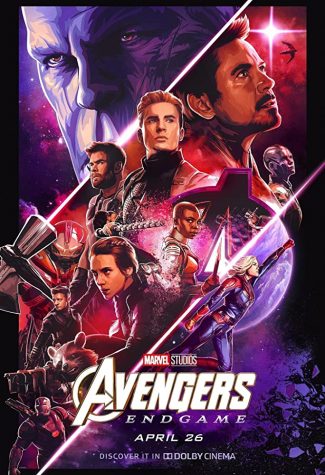
Both of the big moments in each film, Thor showing up to Wakanda, and the ‘Portals’ scene, unfortunately, make no sense. At the beginning of Infinity War, Thor witnesses Thanos tell his henchmen, “There are two more stones on Earth. Find them, and bring them to me on Titan.” Why doesn’t Thor show up at Titan at the end of the film, and why did he show up to Wakanda, a place he didn’t even know existed?
Again in Infinity War, while in the spaceship Doctor Strange asks Tony Stark, “Can you get us home?” referring to if he could fly the ship back to Earth. Here’s where things get tricky, in Endgame, during the third act, the music builds up and Captain America turns around to see all of his fallen heroes back from the dead, as they all show up in portals made by Doctor Strange and other magicians. If Doctor Strange could make a portal from Titan and other parts of the galaxy, why didn’t he just make one on the ship and get back to earth? Due to this never being addressed in either film, we’ll never know.
Something we do know, is that both properties, Avengers and Star Wars, are owned by the same company. Another thing that I did my best to ignore was that the enemy has been there all along, waiting for it’s time to strike, lurking in the shadows. For some time, poor writing and politics didn’t get on my nerves too much, as I could still find entertainment value from these seemingly destroyed franchises. On April 10th, 2020, it all changed for me. Multiple outlets reported the same facts, Disney plans to create a live-action remake of the 1973 animated film Robin Hood.
I love this film, easily my favorite Disney animated feature. Disney’s on my turf now, and that was a mistake. This new trend of remaking old animated Disney films into live-action formed after 2016’s The Jungle Book remake, a perfect example of the number of films made for nothing but money. I don’t even feel comfortable calling them films, because they’re not, they’re products. On top of this, this new remake will go straight to Disney+. They don’t even respect the original enough to give this new interpretation a theatrical release, and I think – well, I think I just might know why.
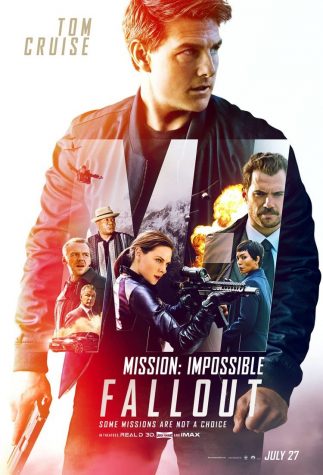
Disney executives appear to have figured out the same as I. Theater attendances are decreasing almost every year, and once life gets back to as normal as it can, people will be so used to seeing movies from home for seven bucks a month that there’s no reason to go to the theater. Which leads us back to my original question, why is theater attendance lowering nearly year after year? To me, the answer is simple, and I hate it. Movies nowadays suck.
I began by talking about Mission Impossible: Fallout because in my eyes, it’s everything a film should be; little politics, great writing, and a reason to exist other than money. In today’s entertainment climate those elements together are refreshing. So when in five, to ten years, we see that theaters are as scarce as video rental stores, it wasn’t only due to the closure of theaters. It was because every year there are action movies, indies, superhero blockbusters, and jump scare marathons known as horror, but true film, that passion for filmmaking, just might be dead, and its story over.

"This is where the fun begins." If you're a big fan of film, TV, or the world of entertainment as a whole, you've come to the right place. This will be...


